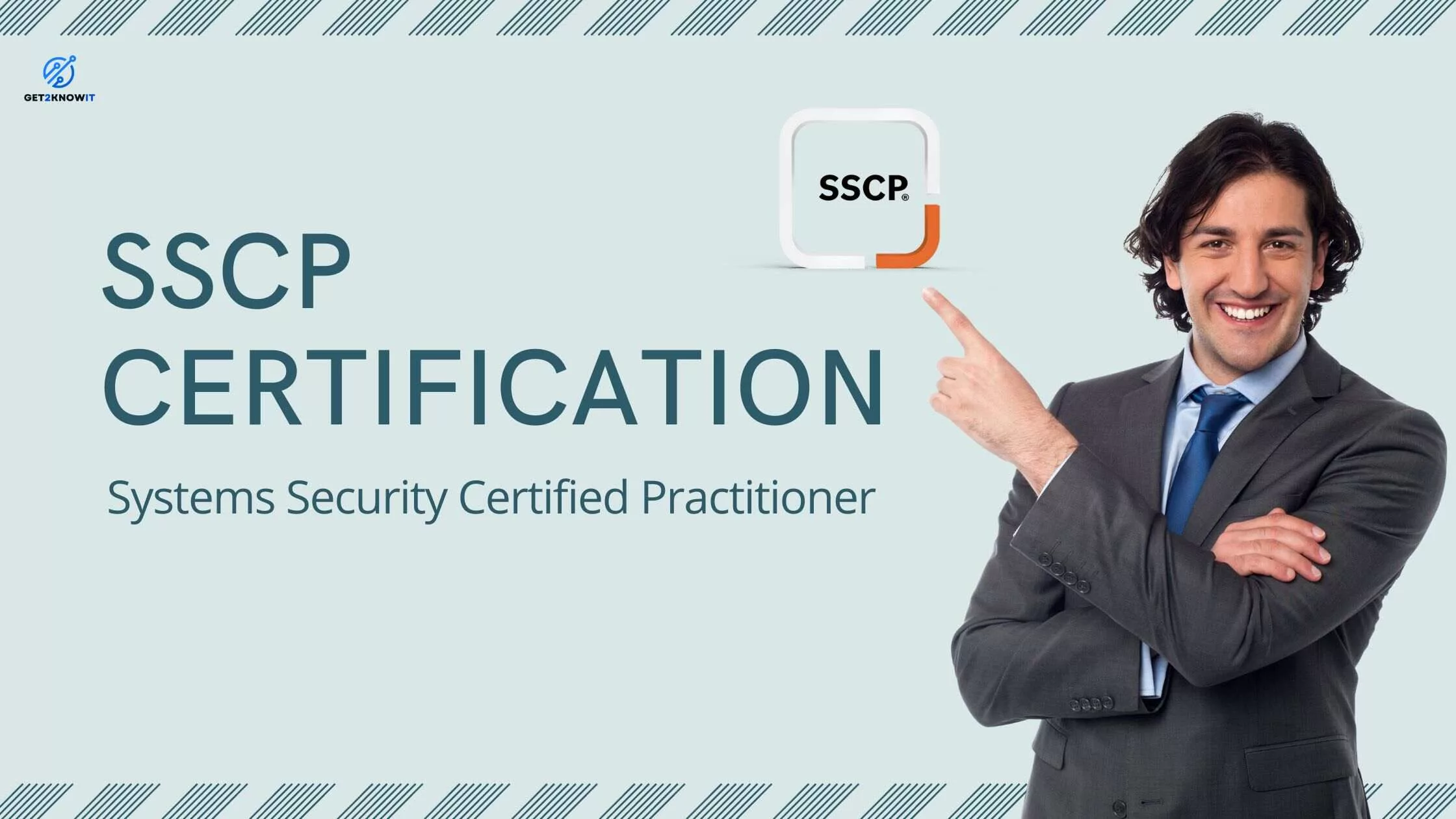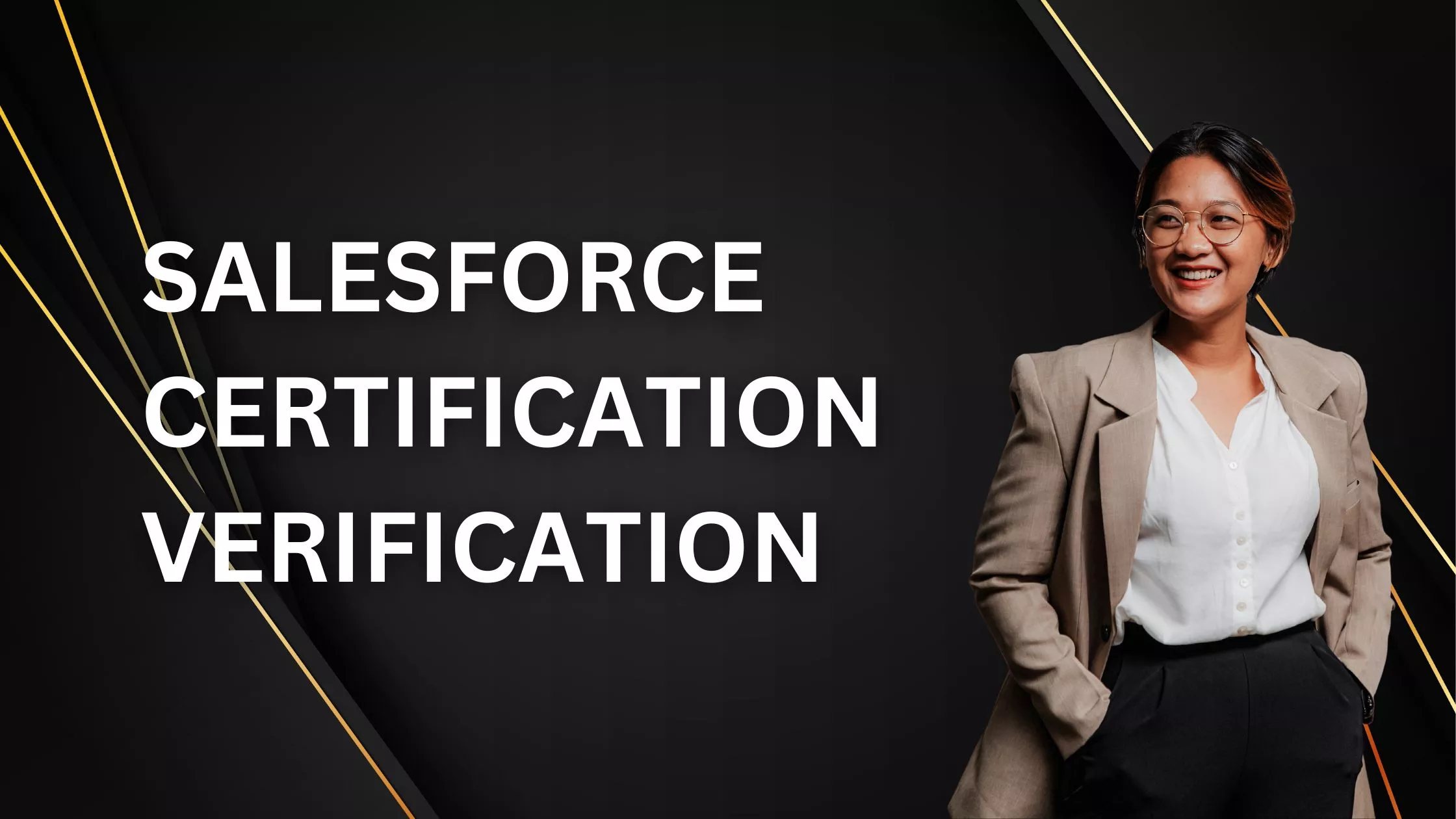Certified Protection Professional certification, often hailed as the “Gold Standard” in security management, goes beyond conventional barriers. It involves mastering seven critical domains—like cybersecurity, risk management, and physical security—which collectively form a formidable defense matrix. Attaining the CPP designation goes beyond showcasing expertise; it signifies possessing a strategic grasp of the intricate interplay between technology and security, ensuring a watchful eye over your digital domain.
It involves a dedication to remaining at the forefront, thwarting the ever-evolving strategies of potential intruders, and reaching a standard of excellence that distinguishes you as a custodian of digital integrity. In the realm of CPP excellence, it’s more than just certification; it equips you with the knowledge to adeptly navigate the dynamic landscape of contemporary security challenges.
Background of ASIS International
Founded in 1955, ASIS International has consistently led the charge in elevating global security management. Dedicated to bolstering the capabilities and standing of security professionals, ASIS offers a comprehensive certification framework, with the CPP standing as the apex. ASIS’s steadfast dedication to establishing and upholding rigorous industry standards has resulted in certifications that are widely esteemed and actively pursued.
Certified Protection Professional Requirements
The journey towards becoming a CPP is not for the faint of heart. Candidates must possess a robust combination of education and experience. A minimum of 7-9 years of relevant experience is required, though this can be offset by obtaining a qualifying degree. This meticulous selection process ensures that CPPs bring a wealth of practical knowledge to the table, contributing to the overall effectiveness of the certification.
Examination Guide of Certified Protection Professional
Certified Protection Professional (CPP) journey involves navigating the examination process overseen by ASIS International, the eminent authority in security management. Now, let’s dive into some essential aspects of this examination:
- Examination Structure:
- The exam consists of 200 scored MCQs. There are 25 “pre-test” (unscored) questions randomly distributed throughout the examination.
- Preparation Steps:
- Fortunately, there are many preparation choices and guides offered by ASIS International, which include in-person classes and online training in order to score well in the exam
- Application and Eligibility:
- Before taking the CPP exam, candidates must apply for certification. Eligibility criteria include holding a CPP, PCI, or PSP designation in good standing and maintaining a single certification for 12 consecutive years preceding the application date.
- Number of Questions:
- The CPP exam consists of 225 multiple-choice questions, with 200 “live,” scorable questions and up to 25 unscored questions. This comprehensive format assesses candidates across a broad spectrum of security management topics.
The CPP examination process is designed to assess the candidates’ proficiency in security concepts and practices.
Benefits of Obtaining Certified Protection Professional Certification
Achieving Certified Protection Professional (CPP) certification yields multifaceted advantages, blending technical prowess with accessibility:
- Holistic Security Proficiency:
- CPP certification imparts comprehensive expertise across seven key domains, spanning cybersecurity, risk management, and physical security. This breadth ensures a holistic understanding of diverse security facets.
- Adaptive Risk Mitigation:
- CPPs excel in spotting and eliminating security risks. Through advanced risk management strategies, they proactively address potential threats, adapting security measures to dynamic environments.
- Technological Vigilance:
- CPPs excel in staying abreast of technological advancements. This technical acumen enables them to deploy cutting-edge solutions, leveraging innovations to enhance security infrastructure.
- Global Recognition:
- The CPP certification stands tall as the benchmark in security management worldwide. Those who attain this certification not only gain international acclaim but also earn acknowledgment for their expertise and commitment to meeting the highest industry standards with precision.
- Strategic Security Leadership:
- CPPs emerge as strategic leaders, orchestrating security initiatives with precision. Their expertise extends beyond tactical implementations, encompassing strategic planning aligned with organizational objectives.
- Regulatory Compliance Assurance:
- With an intricate understanding of security regulations, CPPs ensure organizational compliance. Their technical knowledge facilitates the development and implementation of robust compliance frameworks.
- Professional Network Enhancement:
- CPP certification opens doors to an elite professional network. Certified individuals connect with a community of experts, fostering collaboration, knowledge exchange, and staying attuned to industry best practices.
- Career Advancement Opportunities:
- Mastering technical skills showcased by CPP certification elevates career possibilities. Whether aspiring to lead or exploring new horizons, CPPs are poised for an exciting journey of ongoing career progression.
The Certified Protection Professional certification acts like a guiding light of technical excellence, lifting professionals in the security realm to new heights. It brings real benefits that go beyond borders, making it a global force in enhancing expertise.
Role and Responsibilities of a Certified Protection Professional
CPP’s lead security teams, collaborate with other stakeholders, and devise strategies to mitigate risks. Their responsibilities extend beyond the theoretical realm; they are the architects of practical security measures, ensuring the safety of people, assets, and sensitive information.
Common Industries Employing CPPs
Certified Protection Professionals (CPPs) play a vital role across industries, using their specialized skills to elevate security measures. Within corporate environments, CPPs strategically safeguard businesses, employees, and confidential information by implementing effective security strategies such as access control and risk mitigation.
Government agencies harness CPP proficiency to develop tailored security strategies for the unique challenges of the public sector. In critical infrastructure sectors like energy and transportation, CPPs actively contribute to fortifying and safeguarding vital assets. Private security firms recognize the value of CPP leadership in delivering top-tier security services.
Continuing Education and Professional Development
Continuing education and professional development are vital for maintaining the Certified Protection Professional (CPP) designation. You have to recertify after every 3 years, completing 60 Continuing Professional Education (CPE) credits. ASIS International approves organizations offering relevant learning programs, ensuring alignment with security or business management.
Diverse platforms, such as the CPP Online Training Course, contribute significantly to recertification. These courses delve into fundamental CPP knowledge, keeping professionals updated on the latest security advancements. Accredited by the American National Standards Institute (ANSI), CPP certification is recognized for military occupational specialties. Engaging in various educational avenues, including formal courses and workshops, not only fulfills recertification but also enhances CPPs’ knowledge and skills, ensuring ongoing contributions to the dynamic field of security management.
Broader Implications of Certified Protection Professional Certification
The impact of CPP certification extends beyond individual careers and organizational security. It contributes to shaping industry standards, fostering collaboration, and elevating the collective competency of security professionals.
- Setting Industry Standards:
- ASIS International’s CPP certification establishes an excellence standard in security management. Following stringent criteria, CPPs enhance the overall quality of security practices across industries.
- Fostering Collaboration:
- CPPs, possessing in-depth security knowledge, serve as collaboration catalysts. They connect security teams, IT experts, and stakeholders, promoting a comprehensive approach to risk management.
- Elevating Collective Competency:
- Dedication to ongoing education and professional growth, integral to CPP certification, guarantees that security experts stay abreast of current industry trends. This shared enhancement of skills positively impacts the entire security landscape.
Certified Protection Professionals extend beyond safeguarding individual organizations; they serve as champions of security excellence, wielding a profound impact across industries.




